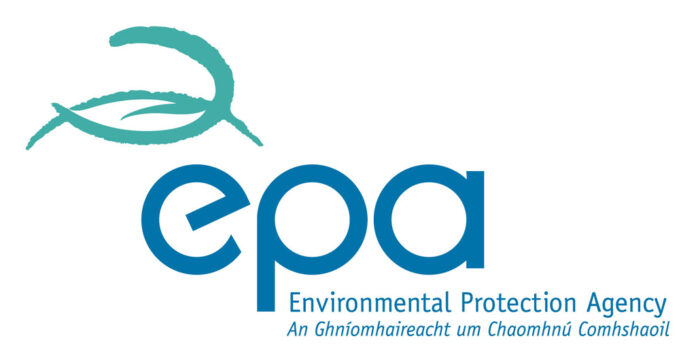Real-time air quality results for Clare are available on the Environmental Protection Agency website.
Results are updated hourly on the website,ww.airquality.epa.ie and Clare residents can log on at any time to check whether the current air quality in their locality is good, fair or poor.
In reminding the public of this resource, the EPA is urging Clare householders to consider air quality when making choices about home heating and transport, as both of these activities can negatively impact air quality in Clare.
The appeal comes as the EPA has released their most recent air quality report, Air Quality in Ireland 2013 – Key Indicators of Ambient Air Quality.
The report indicates that while Ireland’s air quality is currently among the best in Europe, air quality remains at risk from emissions generated from driving, particularly in larger urban areas, and from the burning of domestic solid fuel for home heating, particularly in small towns and villages not covered by smoky coal bans.
Patrick Kenny, EPA air quality manager, noted how poor air quality is associated with as many as 400,000 premature deaths a year across the EU and can cause an increased risk of heart attacks, asthma, stroke and diabetes. It can also have a significant impact on children, the elderly and those with existing health problems.
“Ireland met all EU standards for air quality in 2013 but values for particulate matter, polycyclic aromatic hydrocarbons (PAH) and ozone were above the World Health Organisation air quality guidelines. To meet these more stringent guidelines in the longer term will require collaboration across a range of policy areas including transport, energy and spatial planning. The choices we make as consumers about how we heat our homes and travel to work and school will also affect our local air quality,” he said.
To protect air quality, many towns in Ireland now have a ban on the sale and use of smoky coal and residents in these areas are obliged to burn only smokeless fuels.
“Residents in other locations outside these ban areas should also consider using smokeless coal to minimise their impact on the local environment. There is a range of clean innovative smokeless solid fuel products available on the market which are cleaner and which deliver improved air quality and human health benefits,” Mr Kenny said.
A native of Ennis, Colin McGann has been editor of The Clare Champion since August 2020. Former editor of The Clare People, he is a journalism and communications graduate of Dublin Institute of Technology.


